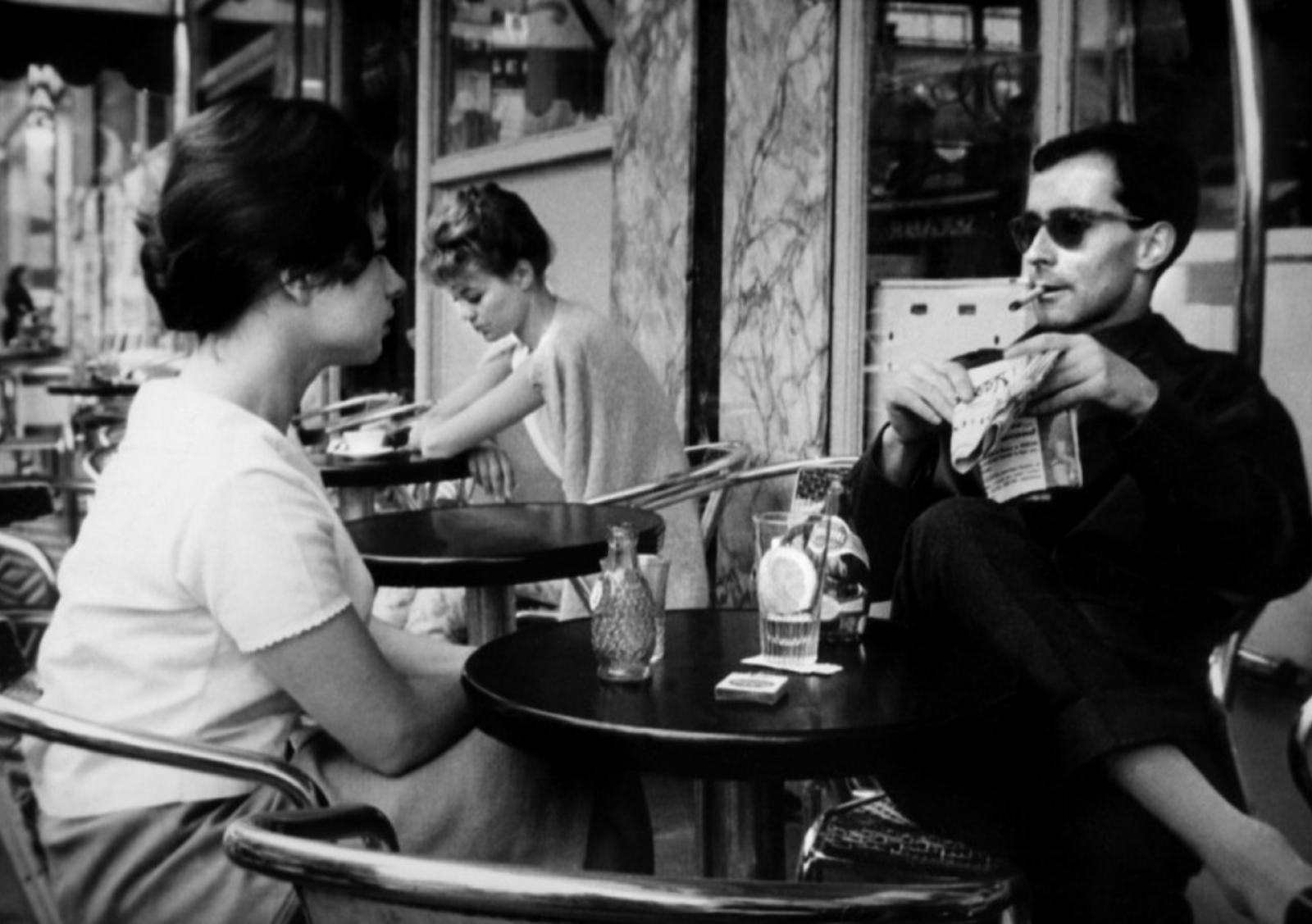On the Art of Conversation

“Ah, good conversation — there’s nothing like it, is there? The air of ideas is the only air worth breathing.”
― Edith Wharton, The Age of Innocence
An art depending on planning and setting a purpose
A good conversation that leaves us with insights and interesting questions does not have to be rare. In fact, it could come to life quite easily if we begin with the question of what a conversation is ideally intended to serve. In Ars Poetica, Horace writes that the purpose of the poem is to “instruct and delight”, which could be also further extended to the role of conversations. Conversations are educational and informative as we exchange knowledge and insights, but they also serve as entertainment and are a deep form of human connection.
If we have in mind these two principles, then it is safe to assume that the skills and the planning involved in designing a good conversation are related to sharing knowledge and also to learning to be a good conversationalist. As for the “delight” part, a good conversationalist strives for human moments, creating and ensuring a safe space, and keeping in mind the enjoyment of the conversation partner.
The aim of the poet is to inform or delight, or to combine together, in what he says, both pleasure and applicability to life. In instructing, be brief in what you say in order that your readers may grasp it quickly and retain it faithfully. Superfluous words simply spill out when the mind is already full. Fiction invented in order to please should remain close to reality.
Horace, Ars Poetica
Intimacy and immediacy
Interintellect member and host Irene Karthik wrote a comprehensive essay on Creating Human Moments During Online Conversations. The term “human moment” was coined by Harvard psychiatrist Edward Hallowell. Irene asked the question if it’s possible to have these moments in a video call. She explored in depth this possibility by looking at the two key pillars of the social presence theory: intimacy and immediacy.
Looking back at some of the salons I hosted on “Talking with Strangers and Interconnectedness” and “Enjoying the Unknown” I recognise that the intimacy of the salons made all the difference and impacted the flow of the conversation. By intimacy we mean a clear focus on emotions, focusing on people and decoding the verbal and non-verbal cues, while also using humour when things go in unexpected directions.
The medium is the message
The setting and atmosphere in which a conversation is held heavily impact the flow of the conversation, and the mood of the participants.
“The medium is the message” is a phrase popularised by Marshall McLuhan, meaning that in the age of technological reproduction, the form of a medium embeds itself in the message it carries, while messages are made possible because of the forms in which they appear, which together creates a symbiotic relationship between the two.
The ancient rituals of conversation, poetry, and music might be the oldest chronicled examples of medium and content being so intertwined. The importance of rituals in preparing for an online conversation should not be neglected. Some examples of building a ritual space for a salon are described by Anna in The Four Rules of Hosting video.
On thinking together
The great driver of scientific and technological innovation [in the last 600 years has been] the increase in our ability to reach out and exchange ideas with other people, and to borrow other people’s hunches and combine them with our hunches and turn them into something new.
Steven Johnson in Where Good Ideas Come From
One delight of conversations is the gift of thinking together. This particular aspect of conversation is what brings innovation forward, and allows us to hone our thinking and consider new and fresh nuances and perspectives.
All in all, a good conversation can be engineered, designed, and planned, and should not be left to sheer luck or to serendipitous encounters. The world needs more good conversations.
Please join me for weekly conversations on writing in the ii Café on Discord every Wednesday from 9 PM CET.
